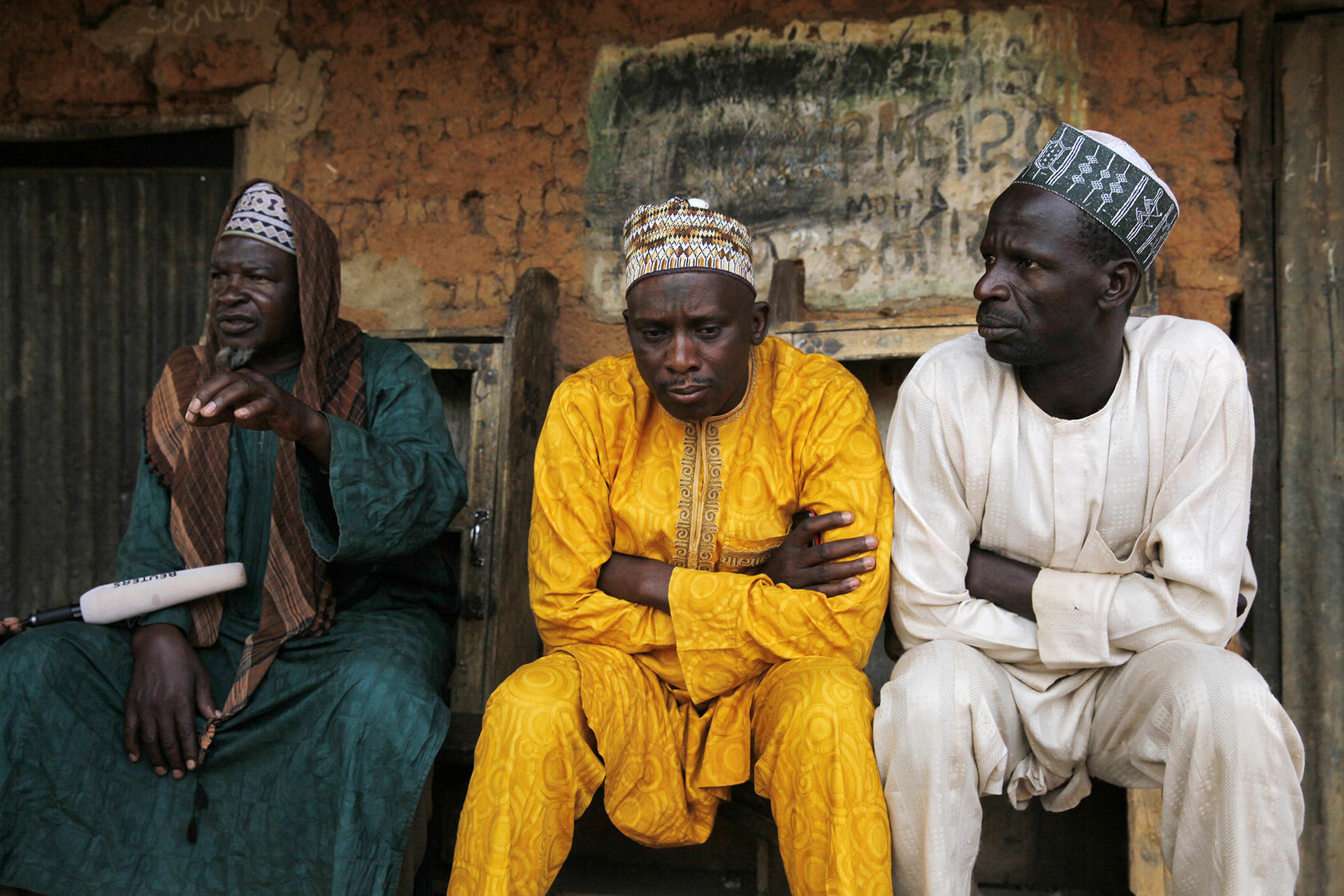Three states in Nigeria's conflict-prone Middle Belt—Plateau, Kaduna, and Adamawa—have established peace institutions in recent years. Although the young agencies have made strides toward organizing improved initiatives to quell religious, ethnic, and farmer-herder conflicts in the region, all three face daunting funding and structural challenges. This report provides recommendations for increasing the agencies’ financial stability and organizational independence, helping them build peace in their own states and serve as a model for other states to launch their own peace institutes.

Summary
- Over the past five years, three states in Nigeria’s Middle Belt—Plateau, Kaduna, and Adamawa—have created peace agencies or commissions, initiated by the governors. Several other states are now considering their own.
- These peacebuilding institutions are tasked with addressing long-standing ethno-religious and other divisions in their host states through direct mediation and other peace interventions; building early warning and early response systems for local conflicts; and, in conjunction with local governments and traditional institutions, developing grassroots conflict resolution infrastructure such as mediation and restorative justice units and processes.
- Budgetary constraints have limited their effectiveness, and perceptions of a lack of independence from the governors’ offices have sometimes reduced their credibility, though closeness to a governor may provide needed assistance to an agency’s work. All three institutions possess important convening powers to initiate dialogue and larger peace processes.
- Although the young institutions have faced difficult challenges, they have nonetheless exhibited early promise for stemming violence and insecurity across Nigeria, and their experiences provide important lessons for other states considering similar institutions.
About the Report
This report examines the progress of peace agencies or commissions in three Nigerian states since 2016. It finds that their convening powers and civil society networks offer important opportunities for fostering peace, as does their ability to support the peace architecture of local governments. Based on more than fifty interviews conducted between 2018 and 2021, the report was supported by the Africa Center at the United States Institute of Peace and the Bureau for Conflict Stabilization Operations at the U.S. Department of State.
About the Author
Darren Kew is associate professor and former chair of the Department of Conflict Resolution, Human Security, and Global Governance and current executive director of the Center for Peace, Democracy, and Development at the University of Massachusetts, Boston. He is the author of Civil Society, Conflict Resolution, and Democracy in Nigeria, which was published in 2016 by Syracuse University Press.